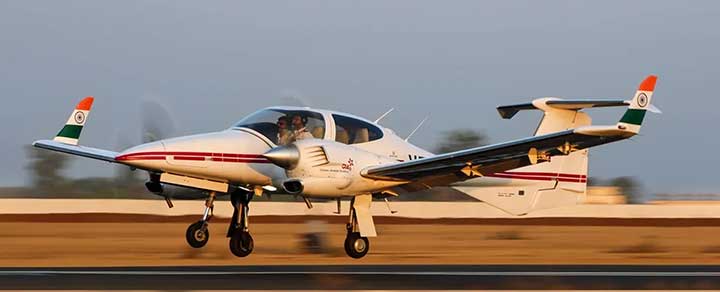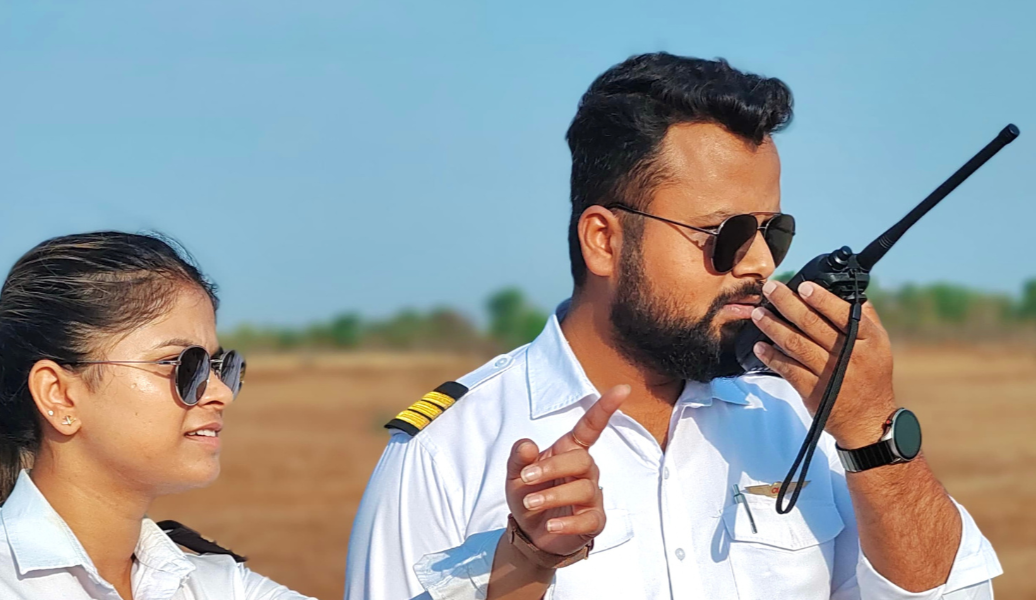Blogs & News

Attitude and Behavior: The Key to a Successful Career in Aviation

As we witness significant growth in Indian aviation, the role of training future airline pilots becomes crucial. The challenge lies in recruiting and training pilots rapidly and ensuring they are adequately trained and safe.
At Chimes Aviation Academy, we use a multi-phased selection process to assess both technical and non-technical skills. This helps identify candidates with the right attitude and aptitude, which are crucial for successful training and a long career. These traits are the foundation of personal habits and behavior.
The industry needs pilots who are driven by excellence, committed to action, and possess values like resilience, character, and emotional intelligence. These traits are particularly important given the demographic shifts in the industry, with many young individuals entering the field.
The Importance of Attitude
Attitude significantly influences behavior. Aviation experts agree that many accidents could have been prevented if the pilot had a different attitude. Here are five hazardous attitudes that can lead to unsafe behaviors and poor decision-making:
- Anti-authority: "Don't tell me!"
- Impulsivity: "Do something quickly!"
- Invulnerability: "It won't happen to me!"
- Macho: "I can do it!"
- Resignation: "What's the use?"
Given the influx of young pilots, it's crucial to establish a solid foundation early on. Our training programs are designed to produce well-rounded, mature, responsible, and performance-based pilots.
Behavior Driven by Rules
Behavior in aviation must be guided by rules. Following rules-based behaviors creates a strong foundation for integrating skills and knowledge. Skills are essential for flying an aircraft, and knowledge is crucial for choosing the right procedures in various situations.
As the saying goes, "If all else fails, read the instructions." Proper behavior, developed and applied correctly, ensure pilots can perform their duties safely and effectively. The attitudes and discipline that come from following standard procedures are the result of time-tested experience and provide a solid foundation for a safe career.
The Role of Mentorship
Mentorship is vital in developing desirable traits in new pilots. Mentoring and coaching are essential to align trainees with the company's culture and values. Good leadership, combined with empathy and experience, leads to positive outcomes.
By focusing on attitude, behavior, and mentorship, we aim to produce pilots who are not only skilled but also embody the values necessary for a successful and safe career in aviation.
Written by:
Capt. Patrick Singh
Vice President Training - CAA




